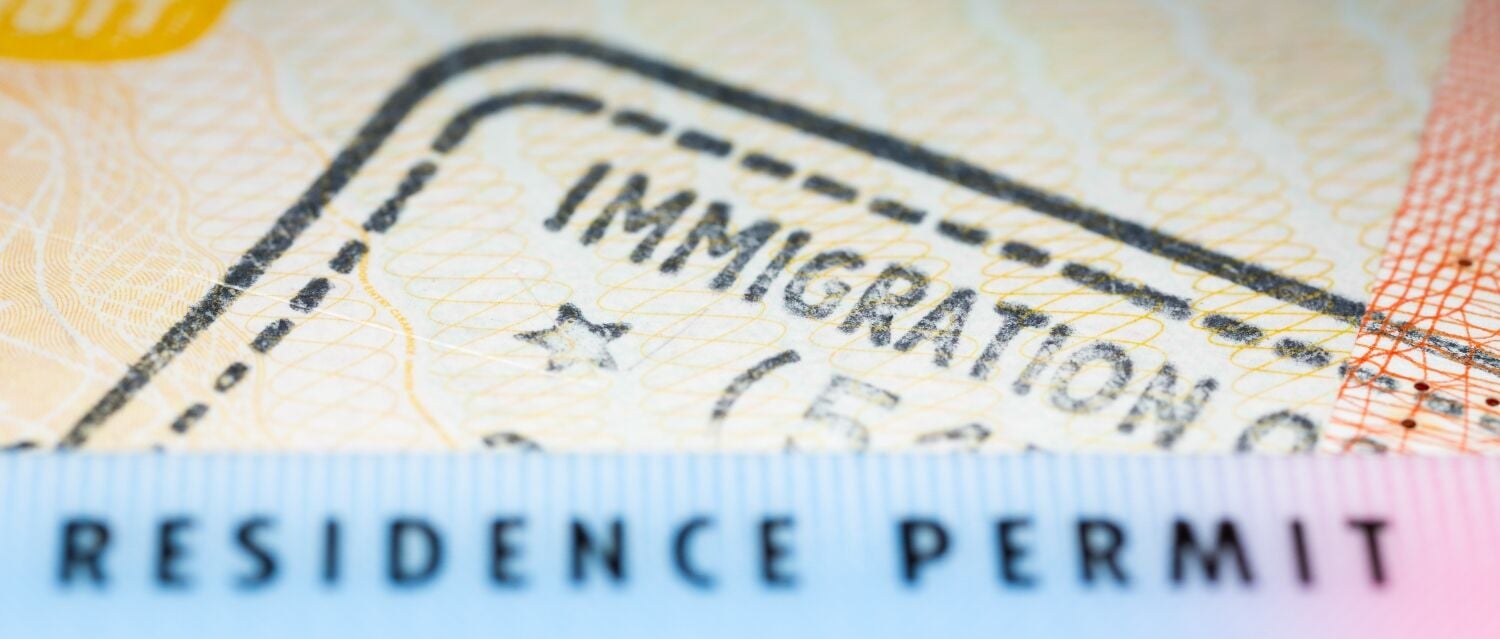Ready to relocate or apply for a visa somewhere exciting in 2025 but unsure of the difference between residency and citizenship and what suits your situation? There is also the matter of tax residency to think about – get that wrong and you could face hefty financial penalties! Here’s a snapshot guide to getting your head around these three important terms.
It’s all too easy to use the words ‘resident’ and ‘citizen’ interchangeably, usually in a conversation about people from abroad or relocating. Don’t they both just mean someone who lives in a country? Not quite. Fact is, having residency somewhere is not the same as having citizenship there – often the former is a means to obtaining the latter. This is especially relevant when you’re considering different investment visas (or golden visas) – most give residency to the visa-holder but some go a step further and bring citizenship.
Residency – your right to reside
In essence, residency means the right to reside on a temporary or permanent basis. Usually issued in the form of a permit or card, it is attainable through the granting of a suitable visa by the country of choice. Temporary residency permits are usually renewable and after a set number of years, typically five, seven or ten depending on the country, the holder can apply for permanent residency and/or citizenship.
Temporary residency gives an incoming foreigner the right to live in the issuing country and benefit from most public services, such as healthcare, education and welfare benefits, just like local citizens. In the European Union, residency also brings the right to travel visa-free between members of the Schengen area (which is most of the EU).
Just beware; depending on the visa used, temporary residency can come with restrictions, such as when state healthcare kicks in or whether you can be employed. For example, ‘non-lucrative’ or ‘retirement’ visas typically do not allow holders to work at all. And to qualify for residency via a digital nomad visa, applicants must earn their income remotely and predominantly from foreign-based employers or clients.
Another typical condition is the requirement to spend a minimum number of days annually in the issuing country to retain your right to renewal. Residency by investment schemes (golden visas) tend to have very low annual stay requirements, which can make them especially attractive to jet setting professionals and transient HNTWIs (high-net-worth individuals).
Permanent residency is long-term, comes with very few restrictions and almost all the freedoms of local citizens. It’s common for countries to make permanent residency more accessible to citizens from certain countries, such as former colonies. A good example is the automatic entitlement to residency that all EU citizens have within another EU country.
Citizenship – get your passport!
Citizenship is the most complete option for anyone totally committed to belonging to a new country. It brings lifelong entitlement to live, work, benefit fully from the country’s public services and travel freely across its borders. While permanent residency offers these things too, being a citizen adds a sense of allegiance to the host country. As a result, only citizenship allows you to apply for a passport, vote and hold public office positions. It can also bring certain duties, such as jury service. Typically, a person acquires citizenship through birth (although this usually relies on either parent being a citizen of that country too).
Citizenship can also be obtained through naturalisation. This can be through spending a minimum number of years in the country as a resident or through one of few remaining investment by visa schemes around the world.

Citizenship allows you to apply for a passport
Dual residency and citizenship
It’s possible to have dual residency so you have residence permits for two countries at the same time. Similarly, dual citizenship means you have passports for two countries. Both of these scenarios have advantages, especially for people who need to be based in two countries or on two continents for work.
Tax residency – know the rules…
Your country of tax residency is the jurisdiction where you have tax reporting duties and are obliged to pay your annual taxes. Typically, this is the same as where you live and have legal residency, but it doesn’t have to be. Ignoring local rules could mean you become tax resident in a country without realising. This means it’s possible to be classed as tax resident in two jurisdictions simultaneously. For example, people who split their year between homes in two different countries might unwittingly meet the criteria to be classed as tax resident in both – in which case, they will need to exercise tiebreaker rules to establish the most appropriate reporting jurisdiction and/or employ double taxation treaties to avoid paying the same tax twice.
The UK’s tax year running from April-April and being out of sync with most of the world (which uses a calendar year) can cause complications. Take care when selling a primary UK residence after relocating or during the same calendar year as you move – in some cases, this can leave you liable to capital gains tax (in your new country). Planning is important in this instance.
So, when do you know you are a tax resident? As a general rule, a country considers you a tax resident if you spend 183 nights or more there within the tax year, which in most cases is a calendar year. However, other factors can be considered when assessing tax residency, including having your primary residence, running a business or deriving your main income in the country.
The UK has its own Statutory Residence Test (SRT) for determining whether someone is a tax resident or not. You need to tell the tax office – HMRC in the UK – when you leave and intend to give up tax residency there. Similarly, you will be obliged to register for tax residency once you are living in your new country.
As a final takeaway, speak to your international financial advisor about your plans to relocate or apply for a visa. They will advise and help you plan when to change your tax residency – or if you need to at all. Rushing things and not taking advice could have expensive tax repercussions.
You might also like:





